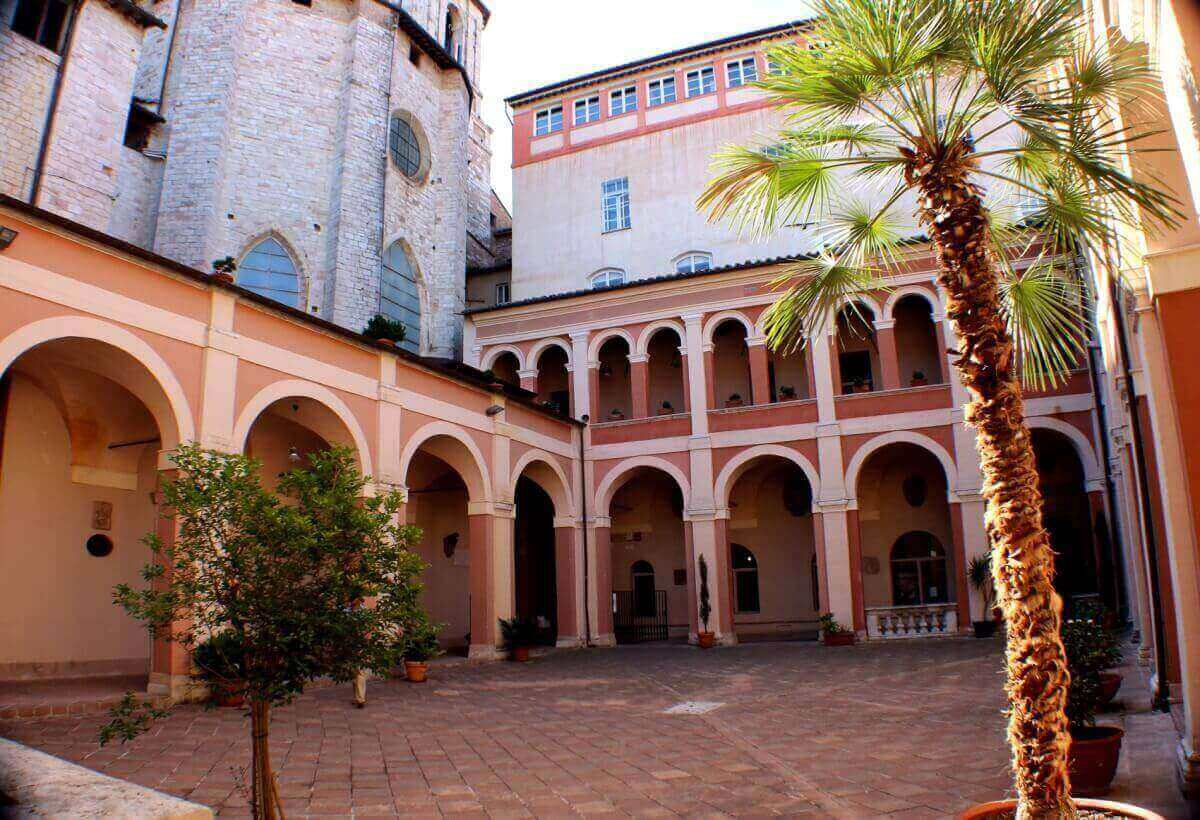ARCH / CLAS / HIST 320: Archaeological Discoveries: A Passion for Classical Antiquity
Course Description
Archaeology is the discipline that studies past civilizations through the material remains they have left us, no matter how small or fragmentary those remains may be. What such artifacts may tell us of these long-gone civilizations is only part of the mosaic, however. The search for new physical material continues, and with the goal of adding new pieces to an ever-evolving but never complete picture of the past, comes a process of re-shaping our thinking about and understanding of the past.
In this course, we will focus on a specific field of archaeology: the archaeology that deals with the Etruscan civilization. From around 900 to 400 BCE, the most innovative, powerful, wealthy people in Italy were the Etruscans. They lived in central Italy, in an area that, today, is divided into the modern regions of Toscana, northern Lazio, and western Umbria. Their land was characterized by independent city-states; hilltop settlements commanding their hinterland, and still showing traces of the vast Etruscan walls which surrounded them.
Visitors to the region today are still seduced by their artworks of extraordinary skill and beauty. But they failed to hand on a literary tradition and history of their own. The painstaking work of archaeologists and scholars, however, has gone a very long way to reviving knowledge of the Etruscans. Whilst there is much we will never know, there is much that we can say, and thrillingly, much more to discover. (C. Smith)
The course focuses not so much on the way that archaeologists go about recovering artifacts of antiquity (what we call Field Archaeology), but rather on the next stage of scientific work – the preservation and display of ancient artifacts in parks or museums. One of the central questions we will ask is: What is the principal purpose of visiting an archaeological museum or site? What does this material teach us, i.e., what can we learn from societies that have long disappeared, and what can this discovery offer in terms of our own personal enrichment?
With these questions in mind, we will aim to understand how we – citizens of the 21st century – can approach such distant cultures in our visits to archaeological museums and sites. This approach to archaeology serves not only to acquaint us with the classical world of 2000 years ago, but also to teach us something about ourselves and about our own contemporary culture.
Course Objectives
By the end of the course, students will be able to:
- acquire an understanding of the importance of archaeological discoveries in Italy through the ages;
- develop critical reasoning, formal visual analysis and comprehension of archaeological experience;
- gain knowledge of the principal elements of ancient classical culture and tradition; and
- acquire familiarity with and be able to analyze different kinds of archaeological remains.
Course Materials
Course Fee
TBA - Includes mandatory academic excursions



